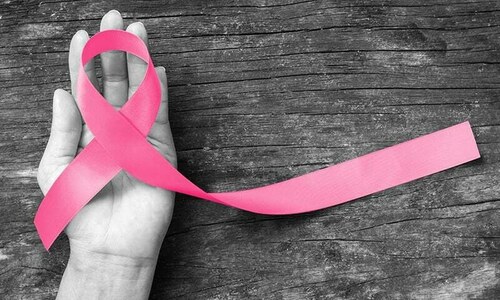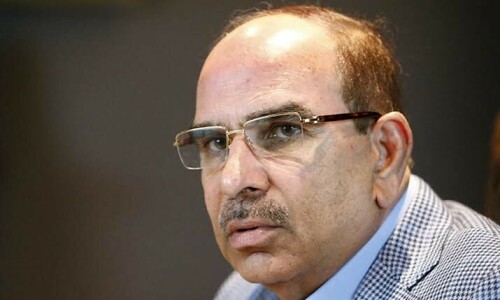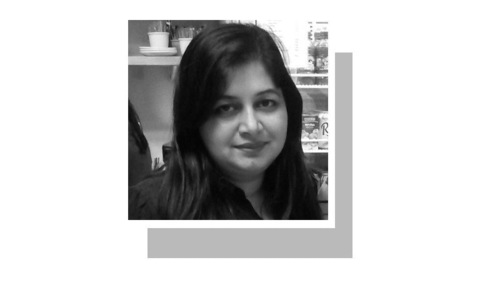ISLAMABAD: Nuclear Medicine, Oncology, and Radiotherapy Institute (Nori) on Friday shared concerning statistics, revealing that one in eight women in Pakistan were affected by breast cancer, making it the most prevalent cancer in the country.
The revelation was made during an initiative to promote breast cancer awareness by the Women’s Parliamentary Caucus led by Secretary Shahida Rehmani, which visited Nori Hospital in Islamabad.
The visit marked the beginning of ‘Breast Cancer Awareness Month’ and was aimed to address the increasing breast cancer burden in Pakistan.
A statement issued by the National Assembly Secretariat said the delegation, comprising prominent women parliamentarians, was received by Nori Director Dr Mohammad Faheem and Head of the Oncology Department Dr Humaira Mahmood.
The parliamentarians were briefed on the hospital’s efforts to tackle breast cancer and its provision of cancer treatment services, including chemotherapy, radiotherapy and surgery.
Dr Humaira Mahmood presented alarming statistics, stating that one in eight women in Pakistan was affected by breast cancer, which remained the most common form of cancer in the country.
She pointed out the stark difference in early detection rates between Pakistan and Western nations, attributing the gap to limited awareness, poverty and cultural barriers.
In response, the visiting parliamentarians emphasised the critical need for enhanced public awareness campaigns to promote early detection.
They acknowledged the role of Nori Hospital in providing state-of-the-art cancer treatment and supporting patients who face financial challenges in accessing care.
The Women’s Parliamentary Caucus also expressed concern over the rising number of breast cancer cases, with Nori Hospital treating 10,198 breast cancer patients in 2023 alone.
They praised the hospital for its comprehensive services and reiterated the importance of strengthening the healthcare system to manage the growing patient load.
Founded in 1983 under the Pakistan Atomic Energy Commission (PAEC), Nori served a population of over 18 million and remained a leading institution for cancer treatment. With a network of 19 PAEC hospitals across Pakistan, along with provincial and private sector support, the country’s healthcare infrastructure continues to combat cancer and provide vital support to affected families.
Women parliamentarians including Dr Shahida Rehmani, Aasia Ishaque Siddiqui, Dr Shazia Sobia Aslam Soomro and Husna Bano reiterated their commitment to standing with institutions like Nori.
They also underscored the need for stronger healthcare policies and support mechanisms to tackle the growing breast cancer crisis.
As Breast Cancer Awareness Month progressed, the Women’s Parliamentary Caucus aimed to collaborate with healthcare professionals, civil society, and the media to amplify awareness about the importance of early detection, and advocate for better healthcare outcomes for women across Pakistan.
Published in Dawn, October 5th, 2024













































Dear visitor, the comments section is undergoing an overhaul and will return soon.